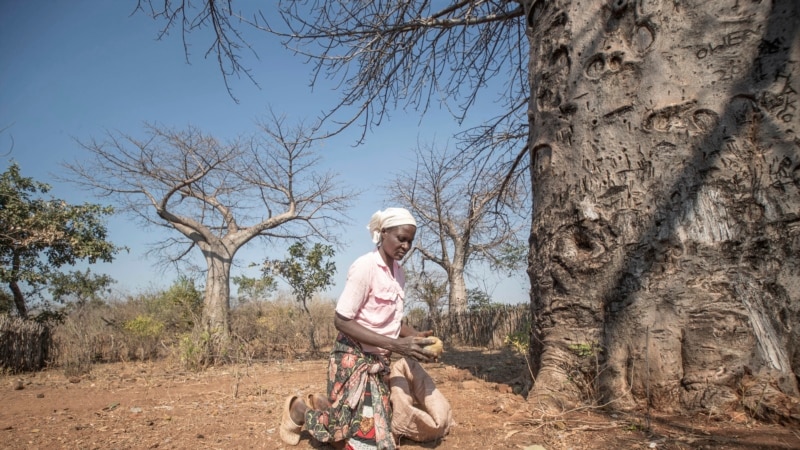As criticism intensified, the tourism committee of Thailand’s House of Representatives said it would summon Apple for clarification. In a swift response, Apple pulled its video – which had garnered 5 million views – off YouTube and issued an apology. The incident underlined how attempts to wield soft power can have unpredictable outcomes, even backfire.
In his seminal 2004 work, Soft Power: The Means to Success in World Politics , Joseph Nye defines soft power and discusses its effectiveness in terms of how widely its influence is recognised and accepted, ultimately leading to popularity or trust. This process often takes time. Since then, various measures of soft power have emerged.

For countries, rankings include the Indian Strategic Studies Forum’s World Soft Power Index, Monocle magazine’s Soft Power Survey and the Portland consultancy’s Soft Power 30 report. Another consultancy, Brand Finance, puts out a Global Soft Power Index that refers to “nation brands”. The fiascos of Apple and other brands show that for conglomerates, soft power can be a double-edged sword; it offers significant economic benefits but also attracts a level of scrutiny that can quickly turn negative.
In recent years, both Dolce & Gabbana and Christian Dior have produced advertising that sparked controversy in China – an important market estimated to represent one-third of global luxury goods purchases. 01:39 Dolce & Gabbana cancels Shanghai show after racist outburst on founder’s Instagram account Weibo was flooded with photos and videos of customers destroying D&G products, causing a 2,500 per cent spike in related posts. Sales in China plummeted and e-commerce giants Alibaba and JD.
com removed D&G products from their online shops. Last year, it was accused of racial discrimination for a make-up ad – quickly deleted – showing an Asian model pushing her eyelid so it slanted upwards. Over the years, Dior has been slammed for cultural insensitivity and faced boycott threats.
Where Dior differs from D&G, perhaps, is its consistently swift removal of controversial ads and quick statements of apology, which have helped to contain the backlash. As a result, Dior’s global revenues have grown from €53.7 billion (US$58.
66 billion) in 2019 to €86.2 billion last year. Additionally, its presence in China has expanded from just over 20 stores in 2009 to 54 stores currently (out of over 220 worldwide).
When an attempt to use soft power backfires, prompt and effective public relations management can significantly influence the outcome. At the same time, social media and digital technology have made relationship management more complex for businesses. Controversies and scandals can spread quickly and widely, going viral.
Some brands that repeatedly make similar mistakes may well subscribe to the notion that all news is good news. But as the contrasting fortunes of D&G and Dior in China suggest, high returns can often come with high risks too. What is clear is that companies with soft power wield great influence but also attract great attention.
Enjoying soft power is easy – trying to wield it is a task fraught with danger. Issara Sereewatthanawut is deputy secretary general at the King Prajadhipok’s Institute of the National Assembly of Thailand.



















